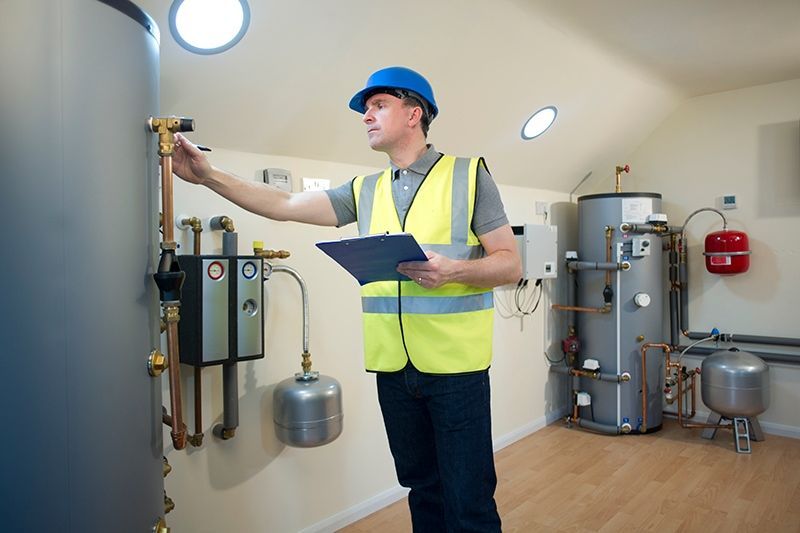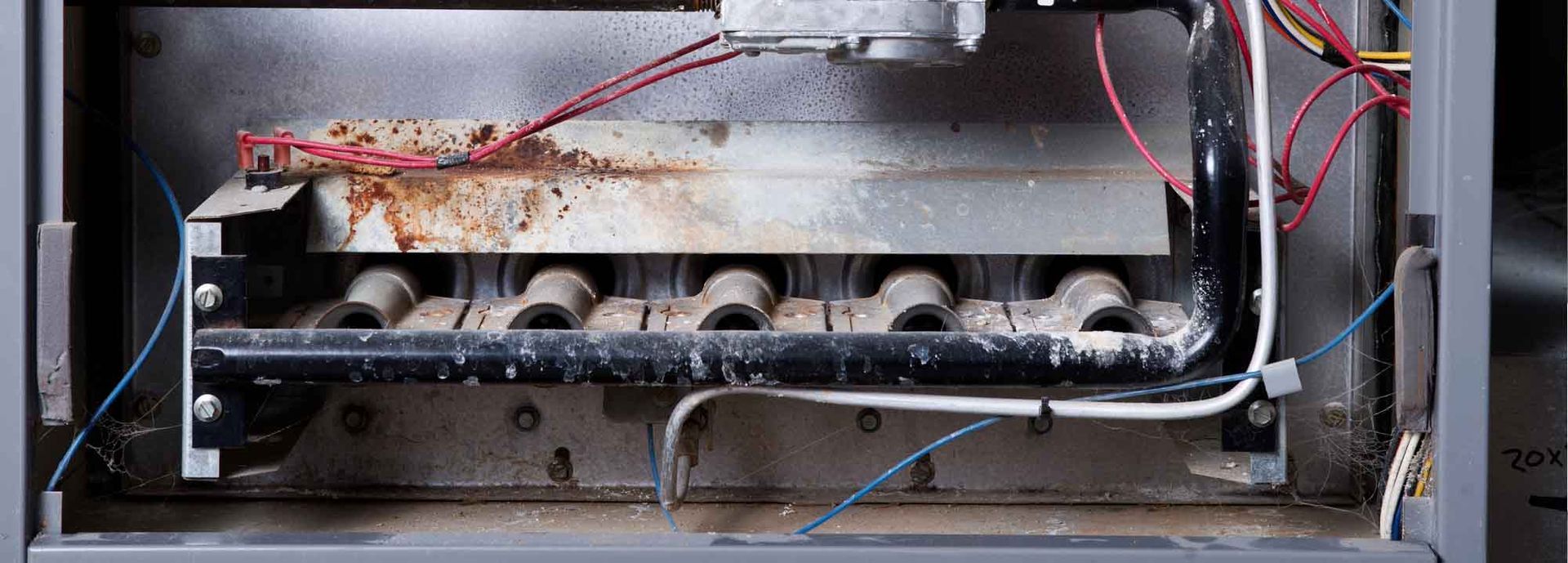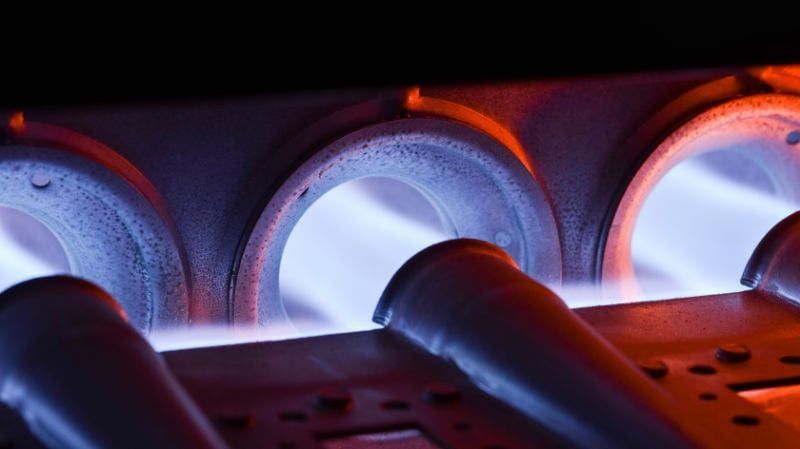Call for Service
843-305-5728
Call 843-305-5728 to schedule service or installation
Blog | Financing | Now Hiring | Call 843-305-5728
Listen to Your HVAC System
Think of your heating and cooling (HVAC) system components as the instruments in a quiet symphony.
When all the pieces are in good condition and work in harmony, the only sounds you will hear will be the quiet hum of a motor and whisper of air as it exits registers in your South Carolina home.
An HVAC system operating at peak efficiency is music to the ears.
An HVAC system in need of professional attention produces noise.
Unusual sounds may indicate the need for a tune-up, cleaning, or repair. The experts at Coastal Air + Refrigeration can decipher the noise and get your system back on track. They have the knowledge and experience it takes to keep your HVAC equipment running at peak efficiency and delivering the comfort you expect in your Conway home.
According to ENERGY STAR®, annual energy bills top $2,200 in the average household. Half of that cost goes to heating and cooling systems. Maintaining HVAC equipment is essential to keeping costs down and more money in your pocket.
You can troubleshoot your furnace, air conditioner, heat pump, and ductwork by paying attention to sensory cues. If the equipment emits strange odors or working parts look worn and dirty, it may be time to call for professional help. Listening to your HVAC system is one of the easiest ways to be proactive.
What is your HVAC system trying to tell you?
Here is a guide to some typical sounds:
- Screaming — If your air conditioner sounds like the victim in a horror film, it may have a refrigerant leak or too much pressure in its compressor. Turn the system off and call one of our professionals.
- Squealing or screeching — These sounds are like the high-pitched noise from worn brakes or metal on metal. They may indicate a worn belt or motor bearing. Sometimes the motor simply needs lubrication. Replacing the belt and lubricating the motor are not for do-it-yourselfers. For fast, quality, and expert service, call the professionals at Coastal Air + Refrigeration.
- Rattling — If you notice rattling near an air register, it could mean the grille is loose. A rattling sound from within an air duct usually signals the presence of debris. Did you inadvertently drop a nail through the register or did someone in the family force a tiny toy through the grille? It may be time for a thorough duct cleaning.
Debris inside the outdoor unit of the air conditioning system also can cause rattling. Other possibilities include a loose fan and loose parts in the blower or motor. These also can cause rattling sounds from the outdoor unit of your air conditioning system. The fan could be loose and there might be a problem with the blower or the motor. - Banging or clanking — A loose part that rattles can eventually break or disconnect, causing a banging sound. Your furnace blower also could be unbalanced, or your compressor might be loose.
- Scraping — A metal scraping sound likely means a component is broken and possibly moving around in the unit. It might also indicate damaged or obstructed fan blades.
- Loud humming or clicking — Humming, clicking, even buzzing usually indicate electrical problems, such as loose wiring, a defective capacitor, or failing thermostat.
- Hissing — If you hear hissing from your air conditioning unit, it could be a refrigerant leak or a problem with the compressor motor. If the sound is inside the walls of your home or from the furnace, it likely is a leaky duct. Either way, you will need to call a professional for repairs.
Don’t let an air conditioning or plumbing problem interrupt your day and disrupt your comfort. Contact Coastal Air Plus today for prompt, professional service at 843-305-5728.
Coastal Air Plus is South Carolina’s preferred choice for heating, cooling, and plumbing service, maintenance, and installation.
We've created lasting relationships with home and business owners in the Grand Strand since 1947.
SC Mechanical Contractor #M111694
Heating, Cooling, Plumbing Coupons
Air Conditioning Special
Plumbing Special
Special Financing Offer
Schedule a Service Appointment
Service Area
Water Heater Financing
Furnace and Heating Financing
Home Service Membership Plans
Rest Easy Quality Service Guarantee
Five-Star Google Reviews
Coastal Air Plus – Myrtle Beach
843-305-5728
156 Rock Moss Road
Myrtle Beach, SC 29588
Coastal Air Plus – Charleston
843-305-5728
1777 Harmon Street
Charleston, SC 29405
Coastal Air Plus | Privacy | Accessibility | Site Map







